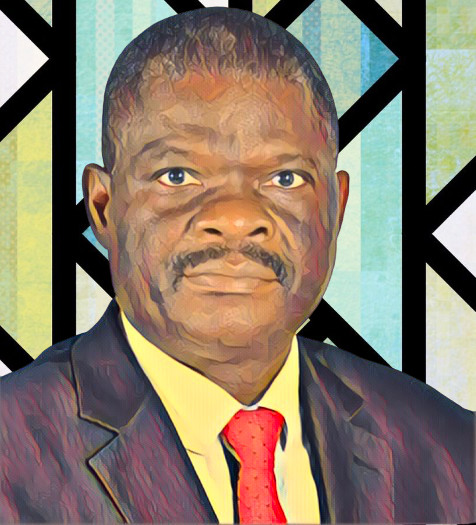Zimbabwe’s largest opposition party, the Movement for Democratic Change (MDC), has issued a stern warning to its former national chairperson, Morgen Komichi, to stop presenting himself as part of the party’s leadership.
Komichi, who left the MDC last year to form a splinter group called the United Movement for Democratic Change (UMDC), recently posted a picture on social media with some alleged MDC supporters in Epworth, a suburb of Harare. He claimed that they were planning to make the MDC “great again” and hinted at a possible comeback.
A History of Divisions
The MDC has been plagued by internal divisions and power struggles since the death of its founding leader, Morgan Tsvangirai, in 2018. Tsvangirai’s successor, Nelson Chamisa, faced a legal challenge from another former deputy, Thokozani Khupe, who claimed to be the legitimate leader of the party.
In March 2020, the Supreme Court ruled in favor of Khupe and ordered the MDC to hold an extraordinary congress to elect a new president. Chamisa rejected the ruling and maintained his leadership of the MDC Alliance, a coalition of several opposition parties. Khupe, on the other hand, took over the MDC-T, the original name of the party, and recalled several MDC Alliance lawmakers and councillors from parliament and local councils.
Komichi, who was the national chairperson of the MDC Alliance, initially supported Chamisa but later switched sides and joined Khupe. He contested for the presidency of the MDC-T at the congress held in December 2020 but lost to Douglas Mwonzora, another former ally of Chamisa. Komichi then accused Mwonzora of rigging the election and announced his resignation from the MDC-T.
A Desperate Move
The MDC Alliance spokesperson, Chengetai Guta, dismissed Komichi’s latest move as a desperate attempt to remain relevant and cause confusion among the party’s supporters. He said that Komichi had voluntarily left the MDC Alliance to join the UMDC and later the Democratic Union of Zimbabwe (DUZ), where he became a senatorial candidate in the 2023 general election.
“He is the same Komichi who then came back after discovering there was nothing for him at DUZ only to again start bringing the name of our party into disrepute,” Guta said. “The man should just stop all the madness for the sake of his sanity and integrity. He has never been in a stable state of mind after losing at the 5th Ordinary Congress which he oversaw as the then National Chairperson.”
Guta added that the MDC Alliance was not interested in any reconciliation with Komichi or any other defectors who had betrayed the party and its supporters. He said that the party was focused on preparing for the next election and fighting for democratic reforms in Zimbabwe.
Despite the challenges and setbacks that the MDC Alliance has faced, the party still enjoys a large following among Zimbabweans who are disillusioned with the ruling ZANU-PF party and its leader, President Emmerson Mnangagwa. The party has also received support from regional and international bodies, such as the Southern African Development Community (SADC) and the European Union (EU), which have called for dialogue and respect for human rights in Zimbabwe.
The MDC Alliance leader, Chamisa, has vowed to continue his quest for a “new and better Zimbabwe” and urged his supporters to remain hopeful and united. He has also expressed his willingness to engage in talks with Mnangagwa, but only under the mediation of a neutral and credible facilitator.
“We are not giving up on our vision of a prosperous, peaceful and democratic Zimbabwe. We are not giving up on our struggle for freedom, justice and dignity. We are not giving up on our dream of a new and better Zimbabwe for all,” Chamisa said in a recent statement.
Source: New Zimbabwe


